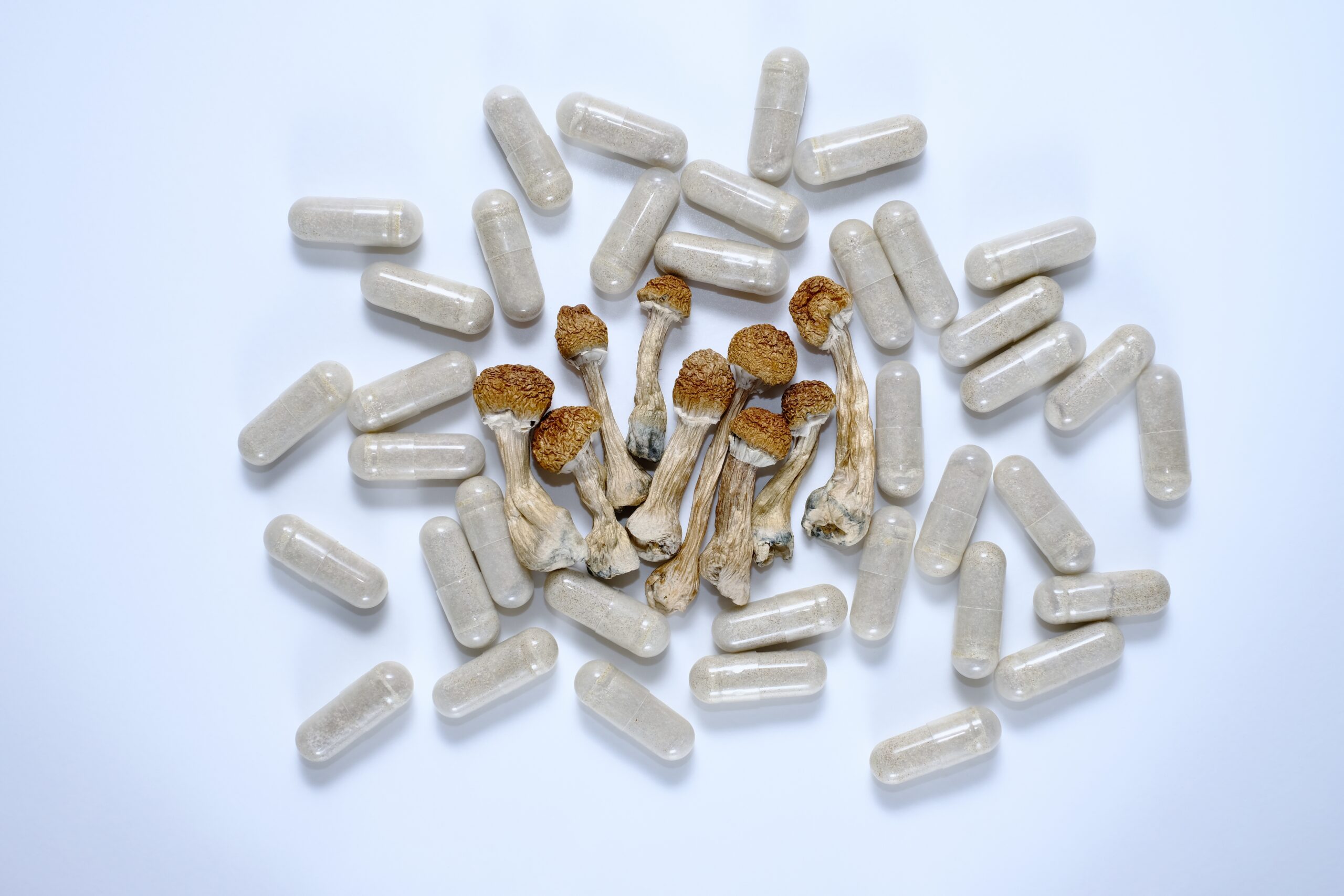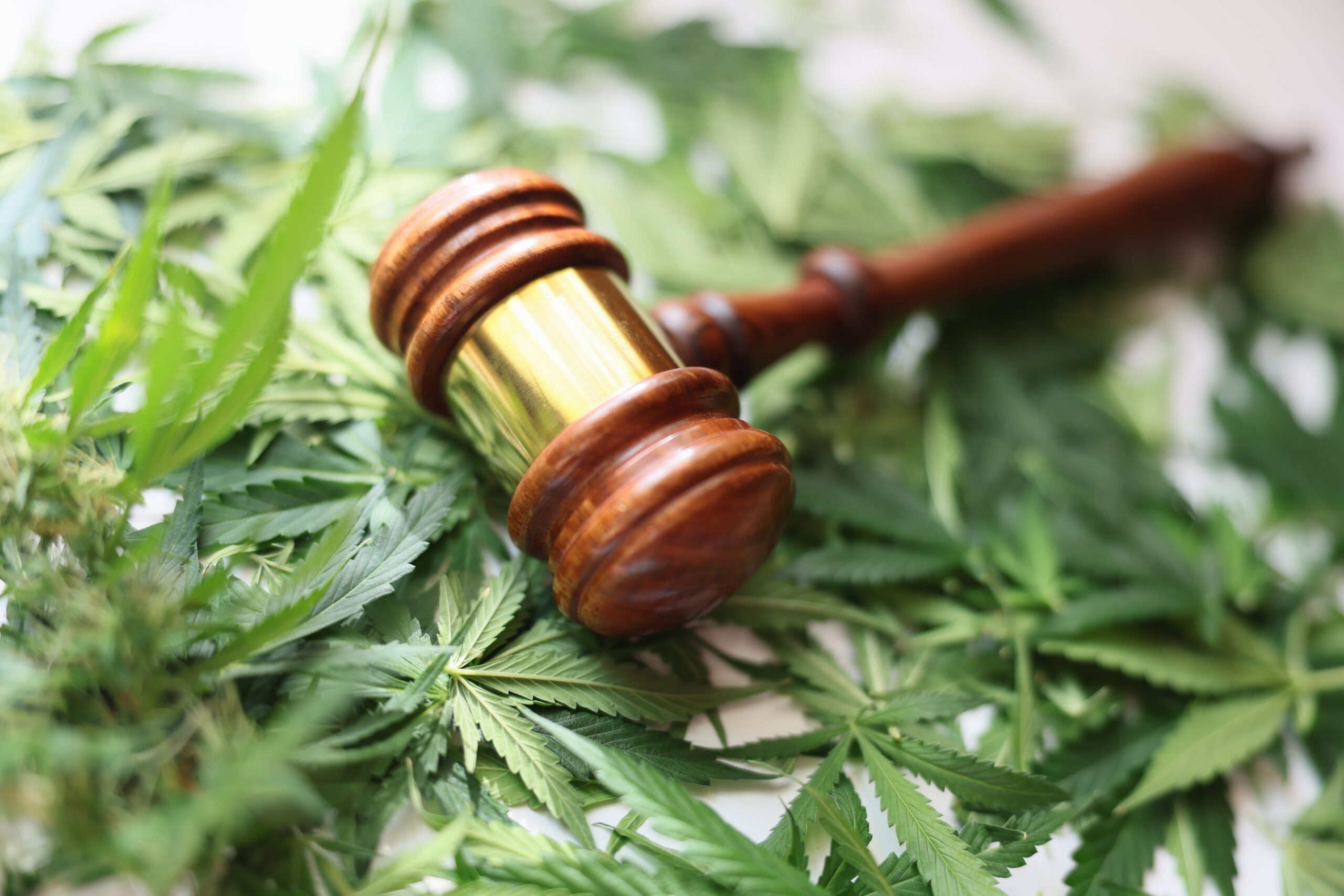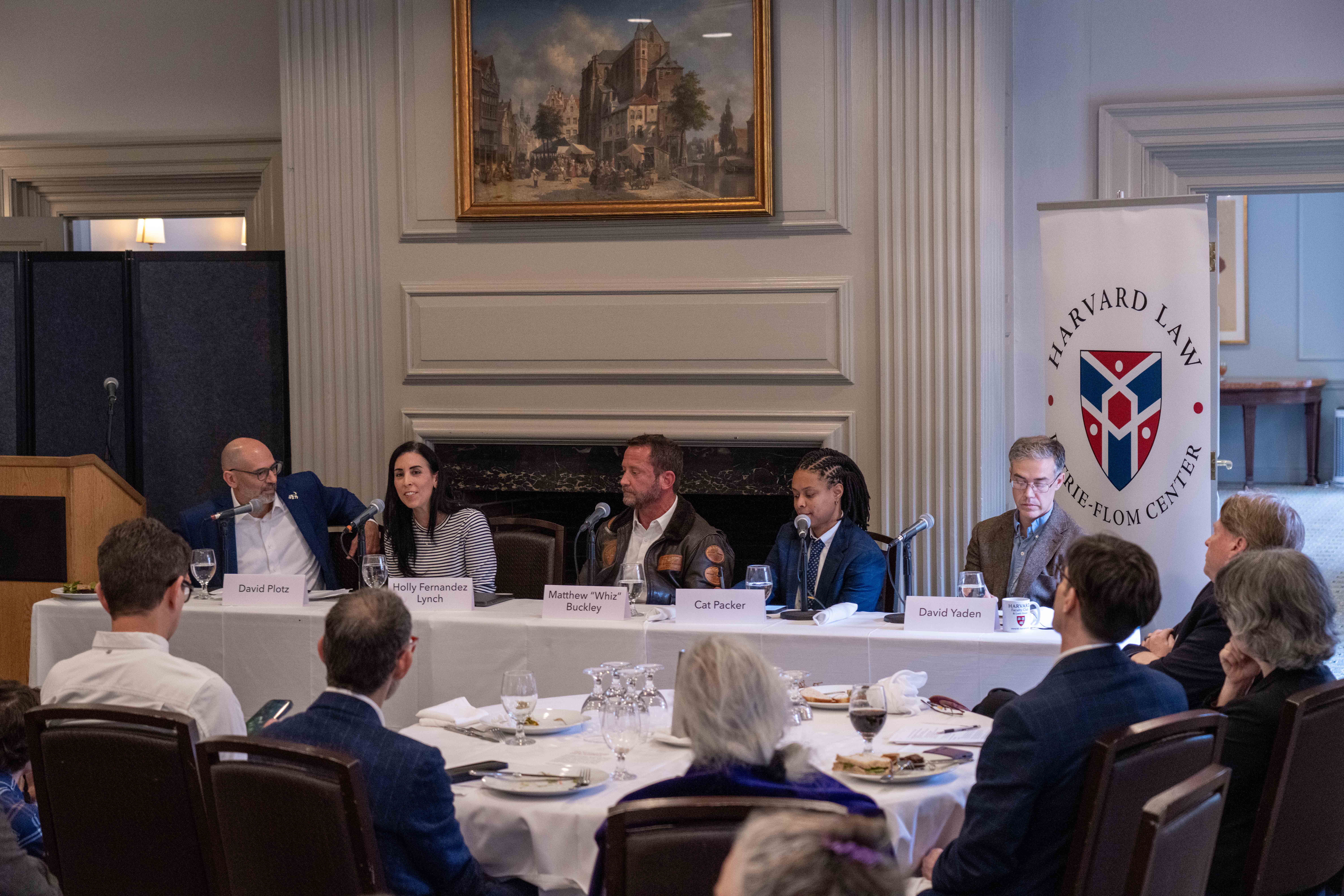What We Talk About When We Talk About Psychedelics
One of the biggest challenges in psychedelic regulation is reconciling competing ideas of what psychedelics are and why people use them. These definitions shape not only our cultural narratives but concrete policy choices.

Published
Author
Share
One of the biggest challenges in psychedelic regulation is reconciling competing ideas of what psychedelics are and why people use them. These definitions shape not only our cultural narratives but concrete policy choices.
What kind of screening should the law require? Should regulations differ between natural and synthetic substances? Who decides what a “dose” is, or whether someone must have a guide to take one safely? Should the law restrict, who can possess, grow, or share psychedelics or whether spiritual or therapeutic guides must be licensed?
Beneath all these policy questions lie deeper ones: Are psychedelics medicines? Are they religious sacraments? Or are they recreational drugs that people happen to use for these other purposes?
This essay argues that psychedelics are all three, and that embracing this reality would lead to better, safer policy. These categories aren’t fixed truths; they’re modern social inventions, shaped by criminalization and stigma. Seeing psychedelics as simultaneously medical, spiritual, and recreational can help regulators build systems that reflect how people use them.
All Psychedelic Use is Medical
People use psychedelics because they help them feel better. These substances are tools for altering perception, reducing fear, and processing trauma. Even when used in religious contexts, the goal is often relief from suffering, which many would call a medical purpose.
Psychedelics don’t always produce mystical experiences, but when they do, those experiences often serve therapeutic ends. Whether someone takes psilocybin to manage depression, to heal spiritually, or simply to feel joy, they are engaging in a form of emotional healing. We prescribe antidepressants for the same reason. In that sense, all psychedelic use has a medical dimension.
All Psychedelic Use is Spiritual
Science and medicine are belief systems, too. Whether one takes a pill made by a pharmaceutical company or eats a psychedelic mushroom, the act involves faith — faith that something will happen, that one’s mind or body will be changed. Faith that taking the pill is safe, or at least that the benefits outweigh the risks. Community, ritual, and meaning amplify this faith.
The evidence shows that psychedelics may be most effective when taken in supportive or spiritual settings. The “mystical” aspects — ritual, music, prayer, and the sense of sacred connection that once surrounded psychedelic use — were stripped away to make these substances appear purely medical, even though those very practices often deepen their healing power. What was lost was not just ritual, but relationships—and what else improves quality of life, health, and resilience? Spiritual community.
To take psychedelics with the belief that something deeper might occur is, at least in part, an act of spirituality. Even when people are not seeking a spiritual or religious experience, they often encounter something that feels divine. In that sense, even recreational use becomes an act of re-creation—of self, of meaning, of connection.
All Psychedelics Use is Recreational
At the same time, psychedelics are neither inherently medical nor religious. People use them to alter consciousness — much like caffeine, alcohol, cannabis, or even the endorphin rush of running a marathon. The experiences can be profound or mundane, healing or disorienting, depending on the person and the setting. Psychedelics invite curiosity, creativity, and pleasure. They are part of how humans play with perception. To deny this recreational element is to misunderstand human motivation. People have always sought ways to change how they feel.
All Three, At Once
If we stop trying to force a single “truth” about psychedelics, policy can finally catch up to reality. Holding multiple understandings at once allows for nuance: regulation that anticipates different needs and worldviews rather than suppressing them. Contemporary regulatory systems may try to cleanly divide what is medical and what is religious, but culture does not care about regulatory divides. However we regulate psychedelics, people will continue to use them across medical, spiritual, and recreational contexts. Good policy meets people where they are instead of pretending one category will dominate.
What This Means for Policy
Policy should reflect how people actually engage with psychedelics — through medical channels, spiritual or community settings, and personal or recreational use. That means creating multiple, safe points of access.
Decriminalization is essential, but so are well-regulated therapeutic frameworks for those who want them. Regulation should be context-specific: who facilitates, how substances are produced, and what safeguards apply will depend on the type of use.
People deserve to make informed choices about the kind of experience they want, and the risks involved. The psychedelic ecosystem — and the regulators who shape it — must accept that these branches will always coexist. Restricting one form of use won’t erase the others; it will only drive them underground.
Religious groups will resist medicalization. Physicians will try to regulate spiritual use. Critics will argue that psychedelics aren’t exceptional and that over-regulation reinforces stigma — a point that scholars like Carl Hart have linked to structural racism.
The goal, then, is humility: safety and transparency for users, respect for difference, and an understanding that rigid classifications do more harm than good. Psychedelic regulation should not decide which truth wins but make space for all of them.


